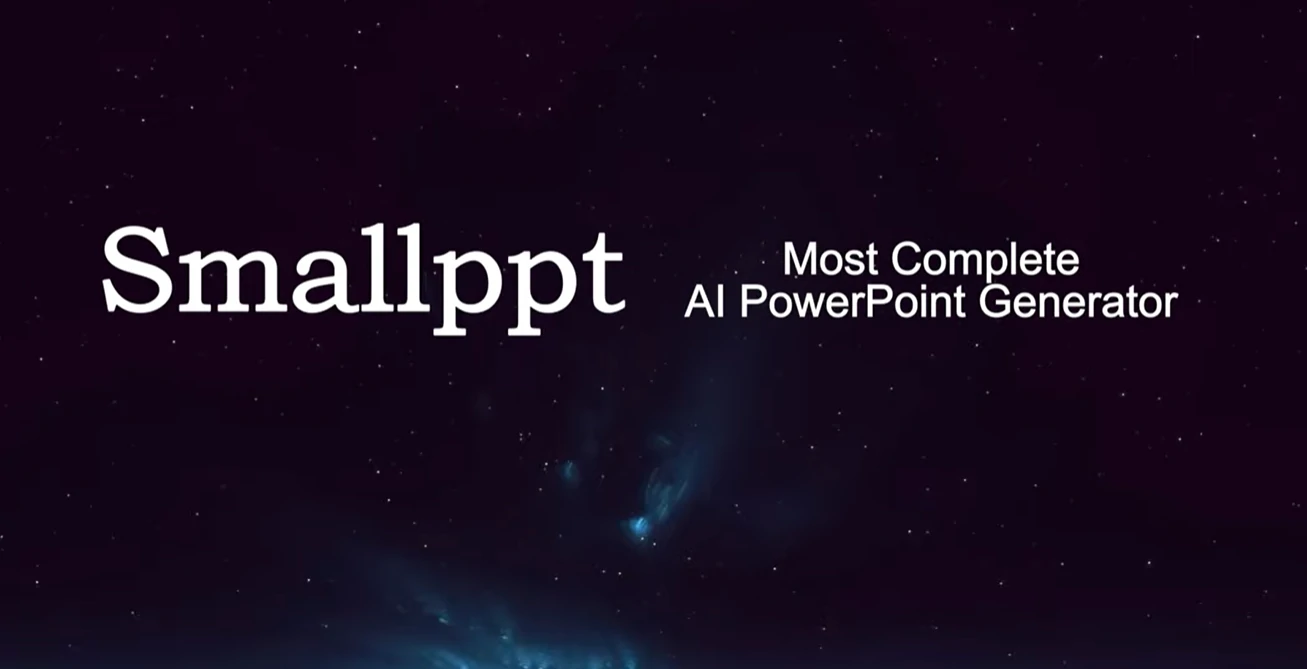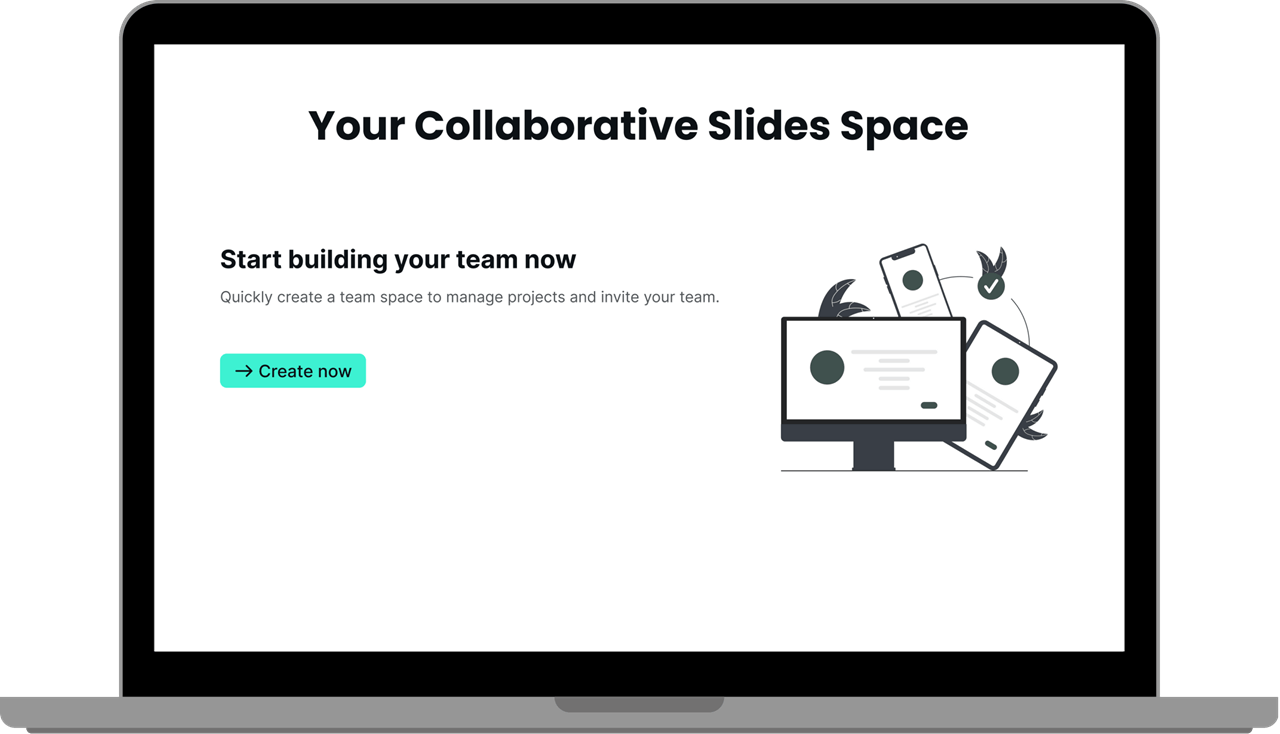
According to CNN, "AI will 'destroy employment in some areas,' top US economist says. But it's not all bad news". When it comes to AI in business, Goldman Sachs Chief Economist Jan Hatzius provides a positive forecast on AI and what it means for the US economy. He predicted that AI would create an optimistic future in the U.S. economy, such as productivity. At the same time, he showed that AI is also making a big difference in careers. AI will inevitably make a big difference in human life. Through Jan Hatzius, we briefly understand the economic changes brought about by AI. For example, the way to create PPT in the workplace. In this blog post, we would like to explore how AI changes the workplace.
The pros and cons of AI in the workplace:
Pros:
1. Increased efficiency: AI can allow employees to focus on more strategic and creative work by automating repetitive tasks.
2. Cost savings: AI automation can reduce labor costs and errors, ultimately saving organizations money.
3. Data Analysis: AI algorithms can quickly process large amounts of data, allowing for better decision-making based on the insights that can be derived from that data.
4. Personalizing experiences: AI can personalize interactions with customers and employees. It improves satisfaction and engagement.
5. 24/7 Operations: AI-powered systems can be in operation around the clock for continuous service availability.
Cons:
1. Job displacement: Automation can lead to potential resistance and morale issues due to job loss or the need to retrain employees.
2. Bias and fairness: AI algorithms can perpetuate biases present in the data used to train them. This can lead to unfair treatment of certain groups.
3. Privacy concerns: AI systems often require access to large amounts of data, raising privacy concerns about collecting and using personal information.
4. Technical dependence: Relying on AI systems can create vulnerabilities, especially if those systems fail or are tampered with.
5. Ethical dilemmas: AI raises ethical issues, such as accountability for autonomous system decisions and the potential misuse of AI technology.
6. Initial investment and maintenance: The implementation of AI systems requires a significant initial investment in technology and ongoing maintenance costs.

How does AI change jobs?
Artificial Intelligence will replace some repetitive, tedious work and some low-end, basic creative work. The high efficiency of AI work will inevitably result in the disappearance of some occupations. For example, in the manufacturing industry, many manual labor production lines have been replaced by robots. In many ways AI can quickly learn and mimic the way humans create, even surpassing them in some areas, such as AI writing and AI composing. While manual proofreading is still required to accomplish these tasks, AI is becoming more and more capable of doing the job.
The development of artificial intelligence can also bring more jobs, the demand for high-end talents is increasing, and the transformation and upgrading of various industries will also bring more innovative jobs, providing a bigger stage for the development of professionals. For example, AI algorithm engineers, need to implement the algorithms developed through the programming language and carry out model training, optimization, and deployment.
The 6 jobs that AI will create:
In the future, more and more jobs will be replaced by AI. At the same time, new developments will definitely bring new opportunities. AI will also give rise to more new jobs in the future.
1. AI Algorithm Engineer: Responsible for the development of AI algorithms including deep learning, machine learning, and natural language processing. Implement the developed algorithms through programming languages and perform model training, optimization, and deployment. After the algorithms are realized, AI algorithm engineers need to evaluate the algorithms and apply them to real-world scenarios. In addition to this, the algorithms need to be constantly maintained and updated to keep them at the forefront of performance and accuracy.
2. AI-Language Model Trainer: An AI language model trainer is a person who is engaged in the research and development of technologies related to AI language processing. This career requires knowledge of computer science, linguistics, etc., and the ability to use AI language processing tools and techniques to develop various applications such as speech recognition, machine translation, and sentiment analysis.
3. Data Scientist: Data scientists are those who specialize in big data processing and analysis. This career requires knowledge of statistics, computer science, and mathematics, and the ability to use various data processing tools and algorithms to analyze large amounts of data and extract useful information to provide decision support and business consulting.
4. Machine Learning Engineer: A machine learning engineer is someone who specializes in the research, development, and application of machine learning algorithms. This career requires knowledge of computer science, mathematics, statistics, etc., and the ability to use a variety of machine-learning tools and programming languages for data analysis and then solve a variety of practical problems.
5. Robotics Engineer: Designs, develops, manufactures, and maintains various robots. A robotics engineer is a person who is engaged in the design, manufacture, and commissioning of robots. This career requires knowledge of mechanical design, electronics, control engineering, etc., and the ability to design and manufacture a variety of robots with different functions to provide more convenience and safety for people's work and life
6. Artificial Intelligence Ethicist: An AI ethicist is a person who studies the impact of AI development on human society, culture, and morality. This profession requires knowledge of philosophy and ethics to be able to analyze and assess the social and moral impacts of AI technology and provide guidance and norms for the development of AI.

The change in making PPT with AI.
PPT presentations are a very common way of working in the workplace. In today's workplace, the way of making PPTs with AI is gradually becoming a new trend. AI PPT generation tool creates impressive presentations based on simple text descriptions or drafts. AI Presentation Maker has customizable templates and editing tools that allow the user to create AI slides according to their own requirement
Smallppt's AI PowerPoint is a game-changer in the realm of professional presentations. Its innovative features, collaborative capabilities, and focus on aesthetics redefine the standards of presentation creation.
It transforms the dull task of presentation creation into a seamless and delightful process. With a focus on design, content, and collaboration, Smallppt ensures that professionals can effortlessly craft presentations that leave a lasting impression. Elevate your presentations, captivate your audience, and redefine your professional narrative with the power of AI.
How do employees prepare for AI in the workplace?
1. Keep learning: Through continuous learning and professional development, stay abreast of AI technologies, trends, and best practices. Invest in the acquisition of skills such as data analytics, programming, machine learning, and the development of AI applications.
2. Improve adaptability and agility: In an AI-driven workplace, embrace change and be adaptable to evolving roles and responsibilities. To stay relevant in the job market, develop a growth mindset and a willingness to learn new skills.
3. Develop cross-cutting skills: Develop cross-disciplinary skills that complement AI expertise. These include communication, critical thinking, problem-solving, and domain knowledge.
4. Develop ethical awareness: Understand the ethical considerations and implications of AI technologies. Advocate for the fair, transparent, and accountable use of AI by promoting responsible AI practices and ethical guidelines in the workplace.
5. Networking and cooperation: Build professional networks and collaborate with colleagues, experts, and mentors in the field of artificial intelligence. Share knowledge, learn from others, and participate in AI communities and events to stay connected and informed.
Work with Smallppt, and enjoy the AI journey with us!


